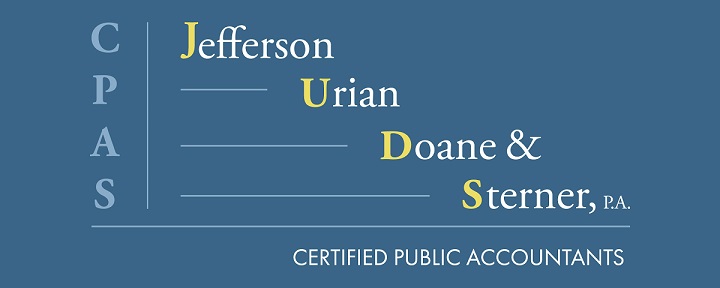Can taxpayers who manage their own investment portfolios deduct related expenses? It depends
Can taxpayers who manage their own investment portfolios deduct related expenses? It depends
Do you have significant investment-related expenses, including the cost of subscriptions to financial services, home office expenses and clerical costs? Under current tax law, these expenses aren’t deductible through 2025 if they’re considered investment expenses for the production of income. But they’re deductible if they’re considered trade or business expenses.
For years before 2018, production-of-income expenses were deductible, but they were included in miscellaneous itemized deductions, which were subject to a 2%-of-adjusted-gross-income floor. (These rules are scheduled to return after 2025.) If you do a significant amount of trading, you should know which category your investment expenses fall into, because qualifying for trade or business expense treatment is more advantageous now.
In order to deduct your investment-related expenses as business expenses, you must be engaged in a trade or business. The U.S. Supreme Court held many years ago that an individual taxpayer isn’t engaged in a trade or business merely because the individual manages his or her own securities investments — regardless of the amount or the extent of the work required.
A trader vs. an investor
However, if you can show that your investment activities rise to the level of carrying on a trade or business, you may be considered a trader, who is engaged in a trade or business, rather than an investor, who isn’t. As a trader, you’re entitled to deduct your investment-related expenses as business expenses. A trader is also entitled to deduct home office expenses if the home office is used exclusively on a regular basis as the trader’s principal place of business. An investor, on the other hand, isn’t entitled to home office deductions since the investment activities aren’t a trade or business.
Since the Supreme Court decision, there has been extensive litigation on the issue of whether a taxpayer is a trader or investor. The U.S. Tax Court has developed a two-part test that must be satisfied in order for a taxpayer to be a trader. Under this test, a taxpayer’s investment activities are considered a trade or business only where both of the following are true:
- The taxpayer’s trading is substantial (in other words, sporadic trading isn’t considered a trade or business), and
- The taxpayer seeks to profit from short-term market swings, rather than from long-term holding of investments.
Profit in the short term
So, the fact that a taxpayer’s investment activities are regular, extensive and continuous isn’t in itself sufficient for determining that a taxpayer is a trader. In order to be considered a trader, you must show that you buy and sell securities with reasonable frequency in an effort to profit on a short-term basis. In one case, a taxpayer who made more than 1,000 trades a year with trading activities averaging about $16 million annually was held to be an investor rather than a trader because the holding periods for stocks sold averaged about one year.
Contact us if you have questions or would like to figure out whether you’re an investor or a trader for tax purposes.
© 2021










